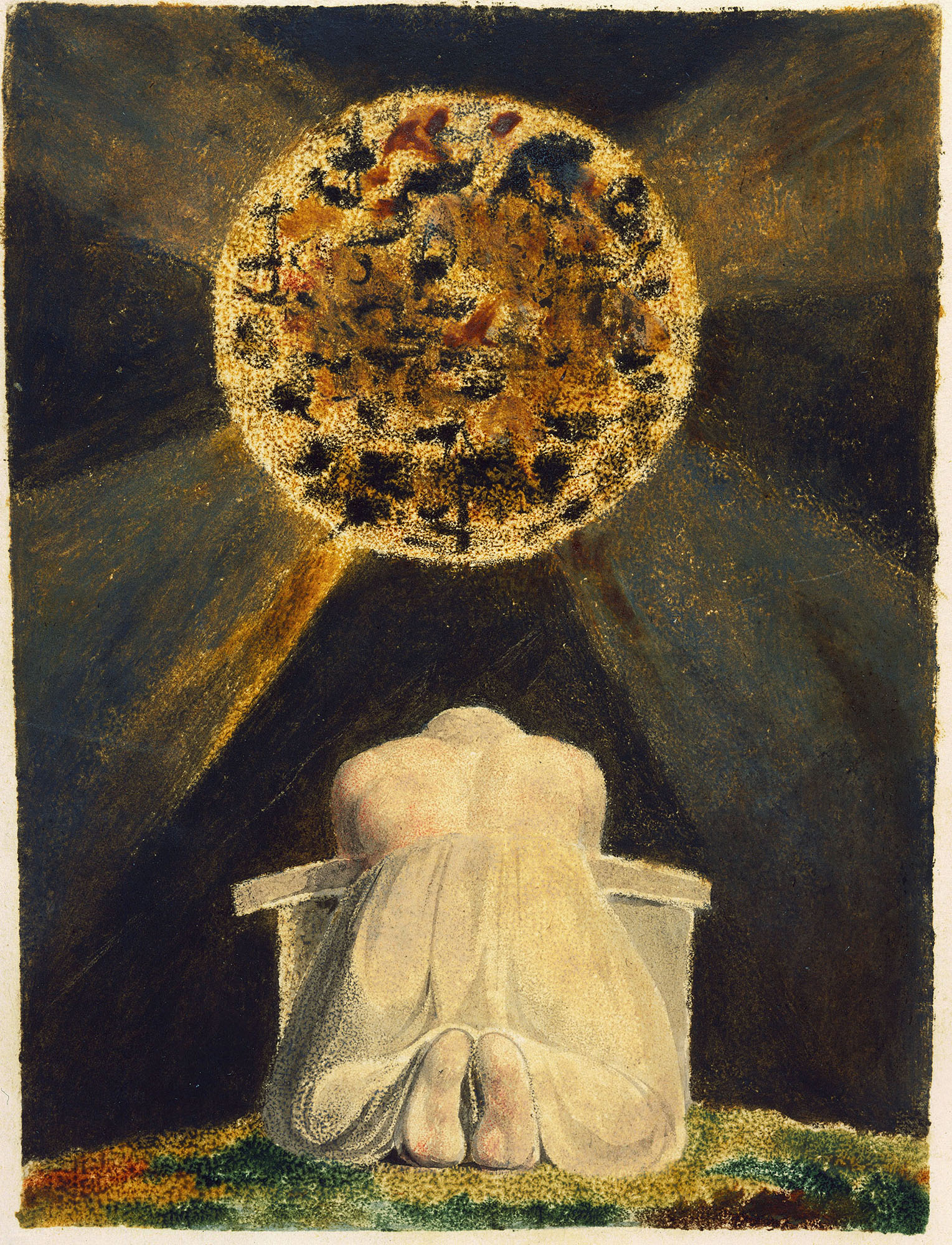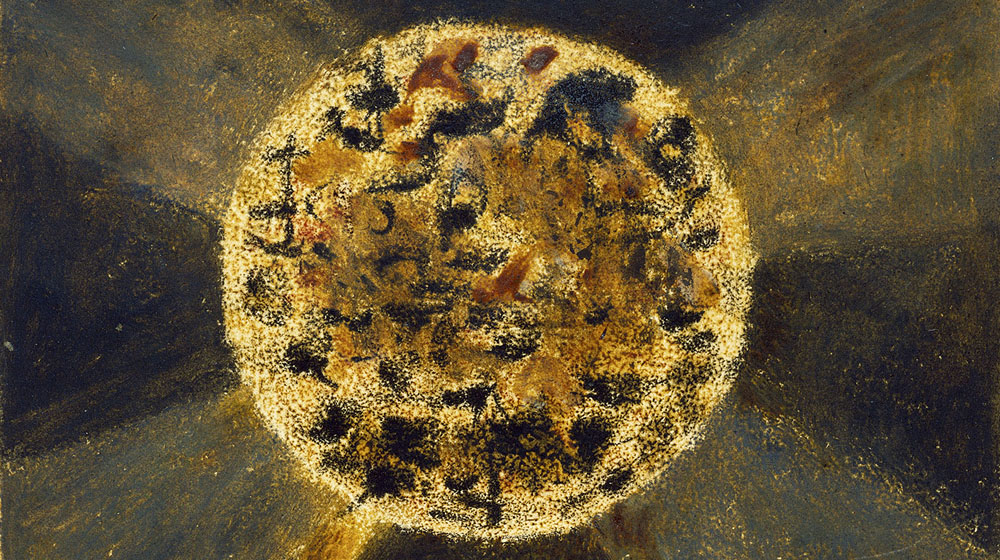William Blake is often interpreted as an anti-science thinker. Carl Sagan, in his classic book The Demon-Haunted World, briefly discusses Blake as an example of those who think science is ‘too narrow’ because it ‘rules out of court, beyond serious discourse, a wide range of uplifting images, playful notions, earnest mysticism, and stupefying wonders.’ And Sagan’s evaluation of Blake is understandable, given some of the statements the latter made throughout his career: Blake presents himself as an opponent of Isaac Newton and others who promoted mechanistic conceptions of the universe and approaches that we might call scientific scepticism.
However, Matthew will suggest in his presentation that a careful look at Blake’s body of work reveals a much more nuanced approach to questions of science and truth than readers usually attribute to him. And he will suggest that many, if not most, of Blake’s insights are compatible with a modern, scientific understanding of the universe. To say this more provocatively, scientists like Carl Sagan and even Richard Dawkins could wholeheartedly endorse many of Blake’s ideas – provided they understood them in the full context of his artistic work.

Matthew Leporati is an Associate Professor of English at the University of Mount Saint Vincent in New York City. He is the author of Romantic Epics and the Mission of Empire (Cambridge UP, 2023), and his essays and reviews have appeared in Romanticism, Studies in Romanticism, Modern Language Studies, European Romantic Review, and other journals. His current research project concerns William Blake’s response to epic tradition, and he runs a blog on James Joyce’s final novel, Finnegans Wake, TheSuspendedSentence.com.

